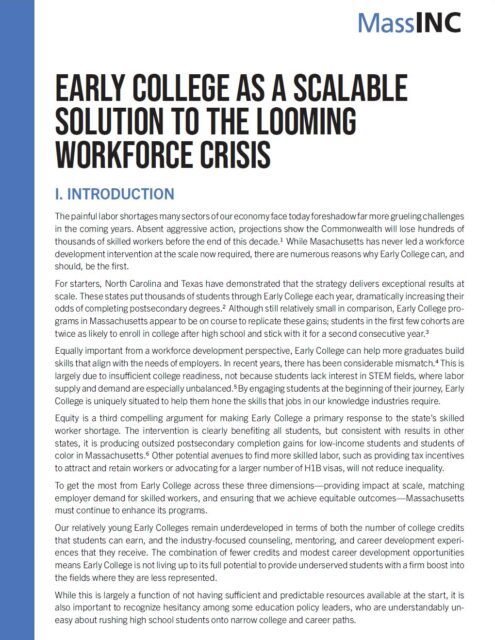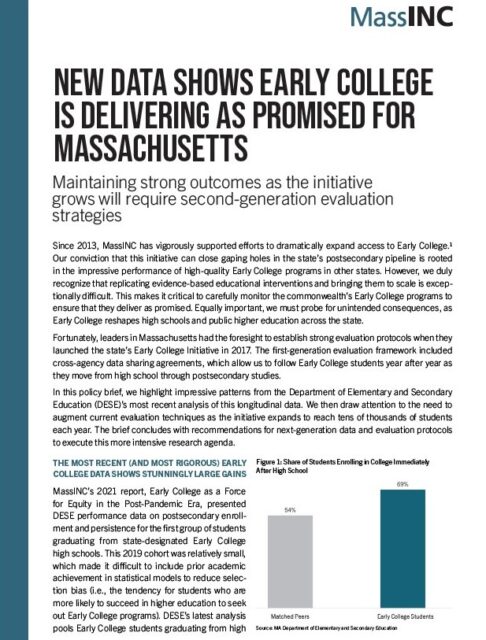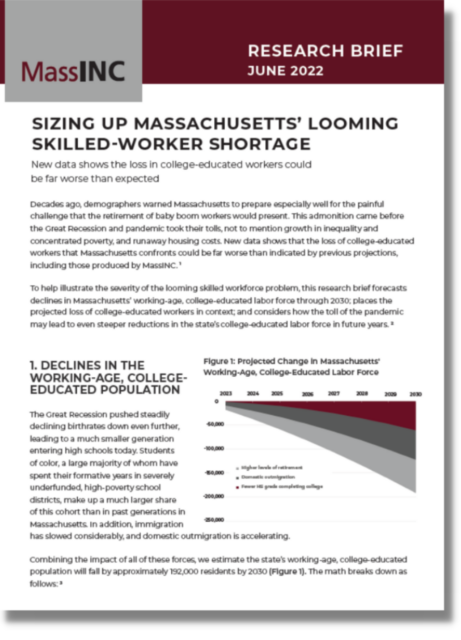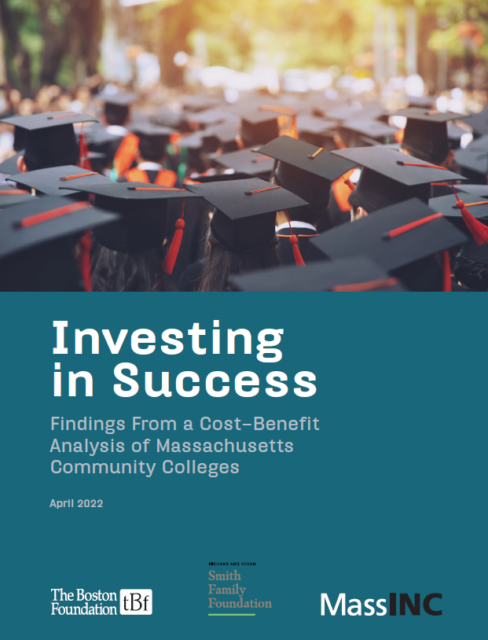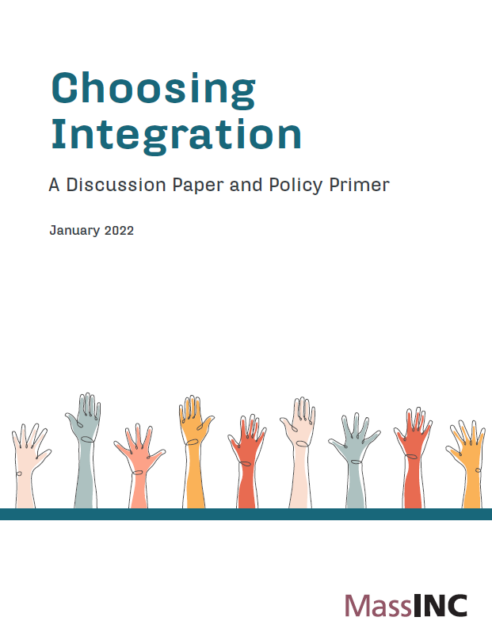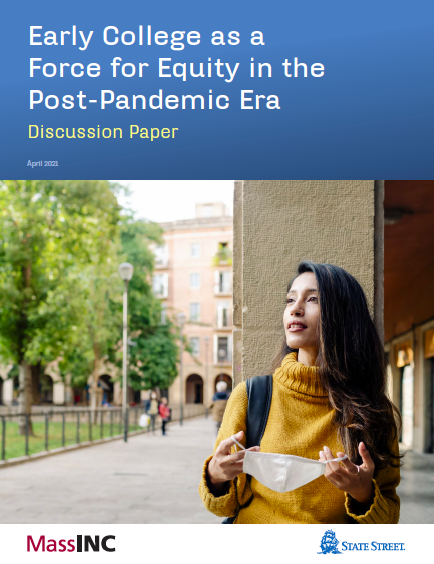As the proud daughter of Congolese immigrants and a product of public schooling, Simone aims to identify and reimagine how social investments and philanthropic practices can address structural racism, promote justice, and advance more equitable outcomes in education that support our most vulnerable populations.
Simone graduated from Wheelock College Boston University in 2018. She recently graduated from the University of Pennsylvania in 2020, where she earned a master’s degree in Urban Education Policy.
Her research interests build on work initiated at the Technical Education Research Center in Cambridge, MA. Her experience as a research assistant on three National Science Foundation-funded projects allowed her to examine how systemic racism in education impacts access to quality teaching and learning experiences among urban, Students of Color.
As a graduate student and researcher at the University of Pennsylvania, Simone’s work focused on culturally sustaining practices that work to eradicate structural inequities that shape the school experiences and academic achievement of urban, immigrant students. She studied the identities of urban, immigrant youth through a transcultural lens, focusing on how the strengths and skills that come out of their migration journey can be used as a tool for learning.
Simone has committed her life’s work to improving the educational, and in turn, life opportunities of those whose identities and voices have been marginalized, ostracized, and silenced.
In her spare time Simone enjoys traveling, reading, and brunch!
-
Tapping the Power of Health Pathways in Early College High Schools
May 23, 2023
- The health care industry faces serious staffing issues, and Early College is a promising workforce development intervention, doubling the likelihood that students enroll and persist in college
- Early College programs that are academically robust, preparing students for selective clinical programs and allowing students to earn an associate degree in high school, will create strong health pathways
-
Early College as a Scalable Solution to the Looming Workforce Crisis
May 23, 2023
- Massachusetts is predicted to lose hundreds of thousands of skilled workers by the end of the decade, absent any action
- Early College is a promising workforce development intervention due to its scalability, ability to align graduate skills with employer needs, and outsized postsecondary completion gains for low-income students and students of color
-
New Data Shows Early College is Delivering as Promised for Massachusetts
January 19, 2023
- Early College doubles the likelihood that students in the target population enroll and persist in postsecondary studies
- Teasing out differences across programs and ensuring strong outcomes as Early Colleges grow will require a mixed-methods approach to evaluation
-
Massachusetts’ failure to forestall growing segregation
MassINC Education Equity Fellow, Simone Ngongi-Lukula, argues for integrating Massachusetts schools and initiatives that could forestall growing segregation.
May 24, 2022
-
Investing in Success
Findings From a Cost–Benefit Analysis of Massachusetts Community Colleges
April 11, 2022
-
-
Building a more engaging high school experience for the new normal
School climate data collected by the state at the conclusion of the 2019 MCAS test show that engagement drops for all students between middle school and high school, but the decline is sharpest for African-American and Hispanic students.
July 12, 2021
-
House funds Early College, but is it enough for growth?
Failing to meet the full need would send the wrong signal at a sensitive moment for Early College expansion.
May 10, 2021
-
Early College as a Force for Equity in the Post-Pandemic Era
New report from MassINC analyzes the success of the first two Early College cohorts, and how the program can address gaps in college completion.
April 14, 2021

